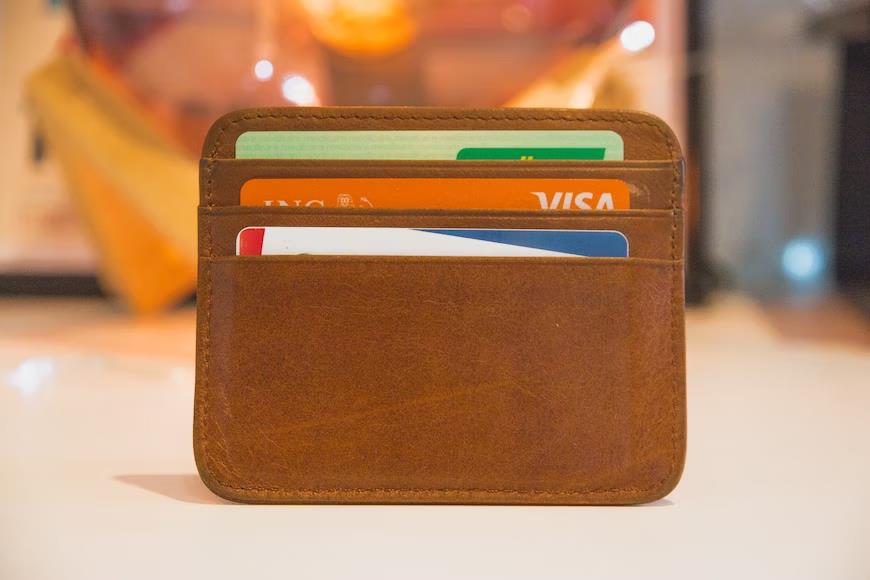Prepaid Debit Cards: How Do They Work?
In a world where nearly everything is digital, payment systems have also changed over the years. Popular cards used when purchasing and paying for products and services include gift cards, credit cards, and prepaid cards. Knowing the difference makes it easy to select the one that works best for you.
A prepaid debit card differs from any other bank or gift card. You use a card to pay for items and services where they are accepted. The card comes loaded with money that you spend.
The difference is that once the amount limit is exceeded, the card does not work until you load again with a specific amount. Most prepaid cards are either Master’s or Visa cards, so they are often confused with other bank or credit cards.
How Prepaid Debit Cards Work?
A prepaid debit card resembles a gift card. It allows the card owner to spend whatever amount is loaded or stored. Once the amount on the card is exhausted, owners can visit an ATM or reload their card online.
This reload visa card is mostly issued by banks. They are then branded by leading credit card companies hence the popular brands including Visa, Master, American Express, and Discover.
How do Prepaid Debit Cards Stand Out?
Prepaid debit cards are equally good as cash. Users who prefer cashless operations believe the cards are even better for several other reasons.
First, they are safer and easier to move around with. You don’t have to worry about carrying several notes to meet your purchase needs. Therefore, prepaid cards have some protection that hard currency cannot.
These cards are also perfect when used for online purchases. It is impossible to pay for your goods online with cash.
It is excellent for gifting purposes. Companies that want to reward their employees should consider prepaid debit cards as the perfect incentive. These cards allow users to shop wherever they want. Employees or other gift recipients don’t have to be compelled to receive a gift they probably have no use for.
Anyone looking for budget controls and proper financial management should consider getting a prepaid debit card. Since the debit cards are reloaded with specific amounts, it is impossible to keep shopping once this limit is hit. The dangers of overspending exist when using a standard bank debit or credit card.
What’s more, the shop you are buying from will hardly notice the difference between a prepaid debit card, an ordinary bank debit card, or a credit card. You can still enjoy controlling your expenditure with the prepaid debit card and not have to worry about the card being accepted at different stores.
Besides that, some companies prefer paying employees with no direct deposit accounts through unique prepaid debit cards, known as payroll cards. Additionally, a few extra government gains are available through prepaid debit cards. The most popular one is social security.
Possible Downsides of Prepaid Debit Cards
While there are numerous advantages of using a prepaid debit card, there are a few downsides you need to appreciate. As you plan to get yourself a prepaid debit card, beware of the attached charges that these cards come with. You may have to pay monthly fees, transactional costs, foreign transaction fees, ATM charges, and reloading fees. Some cards even charge for checking balance.
Standard fees include activation fees, deposit fees, and ATM use fees. In most cases, such fees are charged or effected monthly and sometimes waived. Other cards may charge a fee for ATM transactions and purchases.
Investigate thoroughly and compare different prepaid debit card solutions before settling for the best one that suits your needs. Also, remember that this may be your preferred mode of payment as an employer, but employees reserve the right to accept or decline pay via such channels. In most cases, payroll cards will reduce the employees’ compensation due to the extra charges attached to the card.
When deciding which card works best for you, also consider reloading options. There are multiple ways of adding money to the card, including loading at participating retailers, direct deposits, and using ATMs to reload. Online reload options are also available on some cards.
Also, note that prepaid debit cards will not affect your credit. The fact that they are not credit cards means they cannot reflect on your credit score, so it will be impossible to build credit with them.
What you should Consider When Shopping for a Prepaid Debit Card?
Prepaid debit card fees should be your primary guide when shopping for options. It would be best if you also looked at the convenience of the card you settled for. For instance, you want to establish if the card you go for offers free ATM use or other incentives that make it more affordable and practical. Service accessibility is also crucial since you want to be sure that the card you go for makes your life easier and does not complicate it further.
Purchasing a Prepaid Debit Card
Buying your prepaid debit card from a bank, retailer, credit card company, or any other financial service provider is possible. Once you purchase the card, the funds become part of the account held by a credit union or a bank. These cards are sometimes called pay-as-you-go cards, stored-value cards, and general-purpose reloadable prepaid cards.
Final Thoughts
Choosing a prepaid debit card does not have to be a complicated procedure. However, it is essential to prioritize your needs and how the card potentially solves them. Convenience and affordability should be a guide whenever you shop for the ideal card.



























